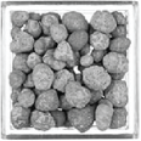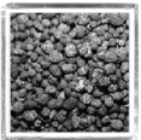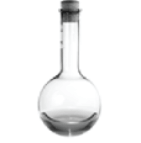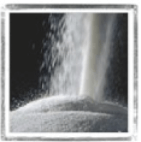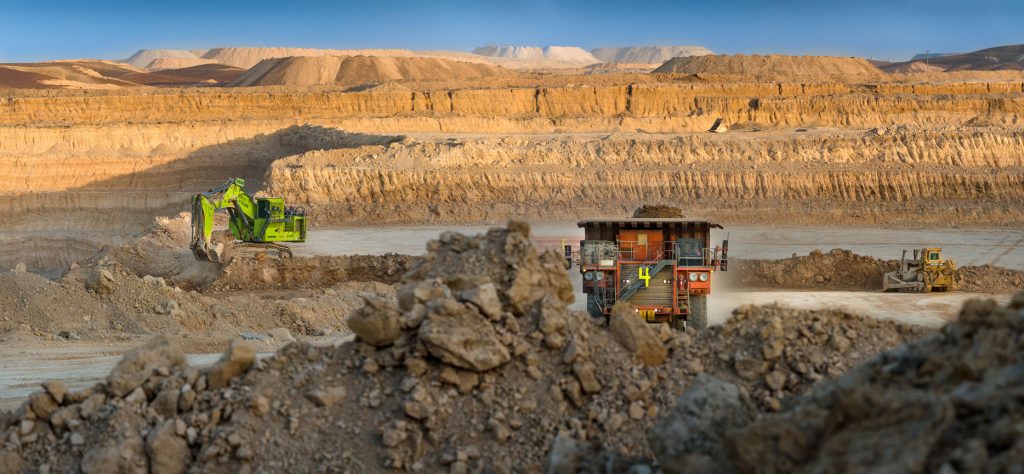Barir Field (Sde Barir)
ICL’s subsidiary, ICL Rotem, has been surface mining phosphate at Rotem and Zafir (Oron- Zin) in the Negev Desert for over sixty years. Mining in the Negev utilizes conventional open pit or quarrying methods. ICL Rotem is careful to minimize impacts of its mining activities through responsible planning that allows for continuous reclamation of depleted mine blocks alongside mining operations.
Our existing phosphate mines in the Negev desert hold limited reserves of phosphate rock that are currently used for phosphoric acid production. The company is working since 2015, to promote a detailed National Outline Plan for mining phosphate in Barir Field, located in the southern part of the South Zohar deposit in the Negev Desert in Israel (the Plan).
During 2018 and 2019, several petitions were submitted to the Israeli High Court of Justice, seeking to revoke the approval of the Plan and address certain health issues they claimed arising from the Plan. In 2020, an inter-ministerial team comprising representatives from the Israeli Treasury, Health, Transportation, Environmental Protection, and Energy ministries reached an outline agreement regarding the examination of the health aspects associated with the Plan. Accordingly, the Israeli High Court of Justice dismissed all the petitions.
However, the former Minister of Environmental Protection, filed a personal petition demanding that the government hold discussions regarding the future of the phosphate industry in Israel, and halt any progress of the Plan until such discussions are held. Accordingly, it was determined to hold such discussion within 180 days (i.e., conclude the discussions by June 2022). However, the discussions have yet to take place, leaving the future of the phosphate industry in Israel uncertain.
The State of Israel has determined that the Barir field is the sole option for phosphate mining in Israel. The Company strongly supports conducting all necessary evaluations to assess potential health risks and mining operations, including completing an Environmental Impact Assessment (EIA), and is committed to doing the right thing. Unfortunately, despite the dismissal of all of the legal petitions against the Plan, the Plan is still on hold, which puts the Israeli phosphate industry, including the Rotem plants, in uncertainty.
Rotem site has been producing phosphate in the Negev for 70 years and currently employees about 1,100 direct and over 10,000 indirect employees, most of them from the Negev area. Rotem provides work for approximately 3,200 members of the Bedouin community and annually contributes about $1bn to the Israeli GDP (based on the 2020 BDO report on ICL’s economic contribution to Israel. For more information see Impact on Israel’s Economy).
For more information on the Barir field issue and related legal proceedings, see Note 18(b) – concessions, leases and permits, in ICL’s 2022 Annual Report.



